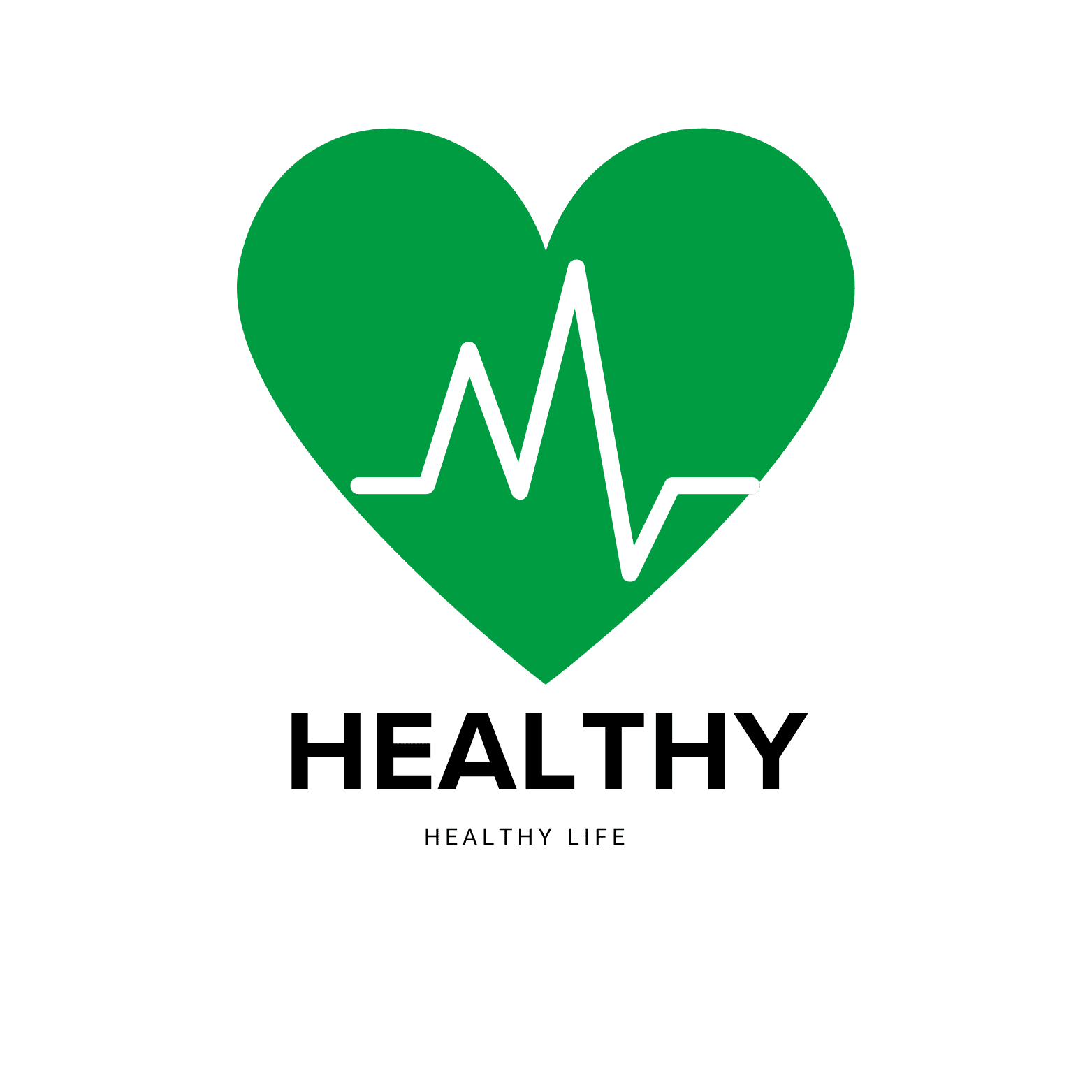Did 2025 really bring new and different health innovations
Yes, definitely. This year started with ideas in health we didn’t even imagine before. Advancements in treatment, diagnosis, and even prevention. It's not just about medicine or surgeries anymore. Health innovation has reached daily life and even the devices we use at home without realizing it. Technology and healthcare are now working like a team.
What’s changed the most in medicine
Artificial intelligence is playing a big role. Not just in reading medical images like X-rays and MRIs but also helping doctors make better decisions. Some clinics now use small robots to assist in surgeries or monitor patients remotely. So doctors can know how their patients are doing even if they’re sitting at home.
Are people really benefiting from all this tech
Yes, especially people living in remote areas or places without advanced hospitals. There are now health apps that track blood pressure, heart rate, sleep and send the data straight to medical centers. Even chronic diseases like diabetes are now managed with smart devices that track sugar levels every minute and alert you before it drops too low.
What about new vaccines and treatments
There are promising developments. Scientists are focusing on personalized vaccines — designed for each person based on their genetics and health condition. Not everyone gets the same shot anymore. There are also new cancer treatments that target only the sick cells without affecting healthy ones, so fewer side effects and faster recovery. Some drugs are even made with bioprinting technology, which is something we never imagined a few years ago.
Did nutrition see changes too
Of course. Nutrition is now seen as part of the treatment, not just prevention. Some companies are developing smart foods that interact with your body in specific ways. For example, if you lack a certain vitamin, the smart food could automatically supplement it. Some people even use apps and tiny devices to measure their vitamin levels by simply touching a scanner connected to their phone.
What about mental health? Any innovations there
Yes, and in a big way. Mental health is no longer a side topic. There are apps and programs now that monitor your mood and stress through your voice, facial expressions, or even how you type. Some therapy sessions are fully virtual using AI that listens, analyzes your words, and gives you personalized advice. Many found it helpful, especially those who aren’t comfortable talking face-to-face.
What challenges are these innovations facing
One big issue is privacy. These devices collect sensitive health data, and some people are afraid it might be misused. Also, not everyone has access to these innovations. There's a big gap between richer and poorer countries. Some people don’t even have stable internet, so how can they use virtual clinics? That’s where governments and companies need to step up to ensure equal access.
Is the world even ready for all this change
Some are excited, some are worried. Some people believe this tech makes healthcare faster, easier, and cheaper. Others feel we’re relying too much on machines and losing the human side of medicine. The truth is probably somewhere in the middle. Technology can help a lot, but real doctors and human connection are still important. We can’t replace people entirely.
What might the future of health look like after 2025
If innovation keeps going like this, we might see fully personalized healthcare. Every person could have a treatment plan just for them based on their body and lifestyle. Maybe even fully virtual hospitals, no waiting rooms needed. And possibly, diseases will be detected before symptoms even show — thanks to all the health data we collect daily.
What should we be careful about in this health revolution
We need to stay smart. Not every new app or device should be trusted right away. We have to check if it’s reliable and where it’s coming from. We also need to protect our privacy and know how our data is being used. Most importantly, we should use technology to improve our lives — not to complicate them. Real innovation is about living with better health, more safety, and peace of mind — not just flashy gadgets.


